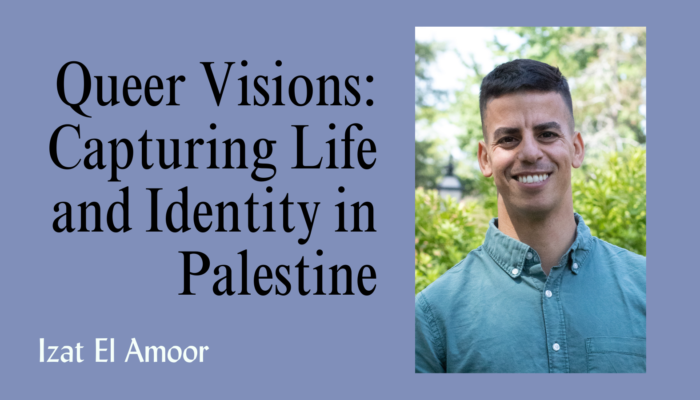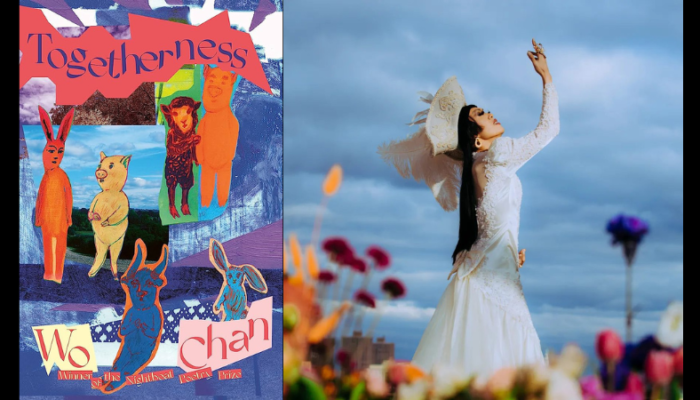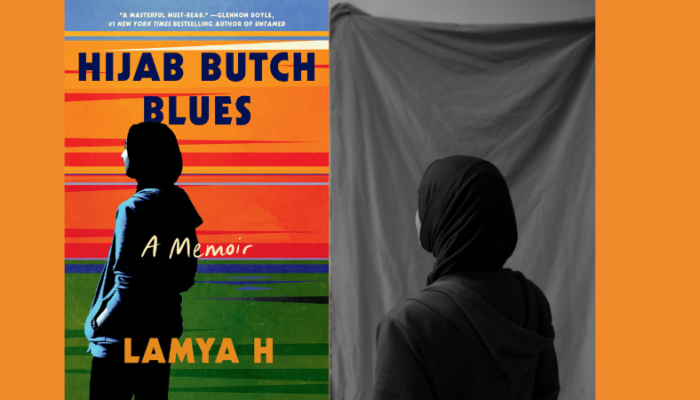Kim Garcia interviews the Directors of Queer Rebels
Queer Rebels is a production company that curates experimental film, music, and performance by queer and trans artists of color. Their live shows feature dozens of ultra- talented artists. Each hits the stage and explodes conventional narrative. Untold histories are brought into the spotlight, identity is revised, and queer story-telling thrives. Co- Directors Celeste Chan and KB Boyce speak with Kim Garcia and discuss the vision behind Queer Rebels.
KG: What identity(ies) do you most strongly claim, and how does your background and experience influence your work?
KB: I identify as Two-spirit, butch/trans, queer of color. Pre-Afropunk (NastyFacts ’78). I was raised in a matriarchy. My sisters were Afrocentric bohemian artists in the 60’s and 70’s. I grew up around Black pride. Seeing my sisters’ work on their art gave me strength, and in turn, inspired my work as a musician. They have always supported me in my art. They came to punk shows at CBGBs and Max’s Kansas City in New York. All of that set me up to be an artist for life. Money wasn’t everything. Growing up poor and African-American, we created a lot of our happiness by making art. My family still supports me, and now they come to Queer Rebels events.
CC: I identify as an API femme artist and organizer. My parents met in the Bay Area during the 60’s. Dad is Chinese from Malaysia. Mom is Eastern European Jewish via the Bronx, NY. My parents made it through tough times, and I’m glad they are alive today. In my art, curation, and collaboration, I’m really interested in exploring history and legacy, what gets passed down through generations. I’m interested in “queer” as outsider, exile, work that embraces the margins.
KG: What inspired your concept and development of Queer Rebels?
KB: I appreciate my older sister for letting me hang out in the wings when she was acting at the New Lafayette Theater in Harlem. I loved seeing the sets and props; it sparked my interest in production. I remember the adults talking about how messed up it was for African American actors. That was Hollywood in the 60’s and 70’s. The only options if you wanted to act were insulting. New Lafayette Theater was creating space for non-white actors. That helped to shape my view of the world.
Ever since I was a teenage punk in the late 70’s-80’s, I wanted a production company. I wanted to promote other young punks, other queers, I wanted community, I wanted us all to be seen and heard. At the time, punk was completely new. Of course, I was looking for other queers and it would have been great to find other queer punks of color. Now with Queer Rebels, I feel like I’m right where I’m supposed to be – helping to create platforms for queer and trans people of color (qtpoc). Feels like I’m finally home. Even though much has changed, there’s lots more that needs to be done. It’s not like, oh civil rights happened, and we’re all good now. It is a continuous battle. This art – qtpoc art – gives life. No one else can tell these stories but us queers of color.
CC: James Baldwin spoke the truth when he said, “the place in which I’ll fit will not exist unless I make it.” I was inspired by DIY culture, by all the secret cafes and drag shows that happened in Olympia post-riot grrrl. It was amazing to be surrounded by creativity, queerness and feminism, but I also felt alienated as one of the few women of color in that scene.
When I found out about Lotus Roots (2000, 2001), an international queer Asian conference, it changed my life. It opened up new possibilities, and helped facilitate my move to San Francisco, to be around artists, activists, queer Asian Americans and other people of color.
I started dating KB in 2008. Our lovechild, Queer Rebels was born soon after. KB and I both come from these backgrounds where we had to navigate multiple worlds, but felt at home in none of them. Queer Rebels is a desire for something more. Nobody will make this space for us. We have to create and curate it ourselves. Queer artists of color run this company for queer artists of color.
KG: Queer Rebels Production focuses on performance art and curated films. What draws you towards these specific art forms?
CC: We are performers, musicians, filmmakers, and writers, so we’re naturally drawn to these genres. Live performance is compelling. It is a moment between audience and artist that can’t be re-created. Film is a visual language with subversive possibilities. We wanna see art by qtpoc artists that is not afraid to be freaky, raw, non-linear.
Queer Rebels work has a strong connection to historical time periods, like the Harlem Renaissance, with a focus on ancestry. Why specifically the Harlem Renaissance? How is the connection to queer people of color lineage and ancestry important to your artwork?
CC: For so long, queer people of color have been whitewashed or erased from history. There’s a deliberate absence.
KB: Our ancestors were amazing. It’s incredible when you think about what our ancestors were able to survive (slavery, internment camps, holocaust). Knowing where you come from gives you a lot more power. Folks are too busy trying to keep up with the Joneses – that’s not important!!
CC: People need to know that we have queer ancestors of color who left a mark. So many of the Harlem Renaissance artists paved the way for our artistic, intellectual, and sexual freedom.
KB: Folks like Ma Rainey, Bessie Smith, Langston Hughes, Richard Bruce Nugent, Alberta Hunter, Gladys Bentley, and Claude McKay. The Harlem Renaissance laid the groundwork for movements to come.
CC: And there’s more history to be explored. A lot of people know Queer Rebels for the Harlem Renaissance show. However, we also highlight queer Asian, Arab, and Pacific Islander ancestries. These are all lesser known histories.
KB: So many stories have been hidden. We need to know about these amazing artists, to connect to this artistic heritage. That’s why we created Queer Rebels – to amplify the voices and visions of queer and trans artists of color, connect generations, and honor our histories with art for the future.
Find out more about Queer Rebels at www.queerrebels.com





